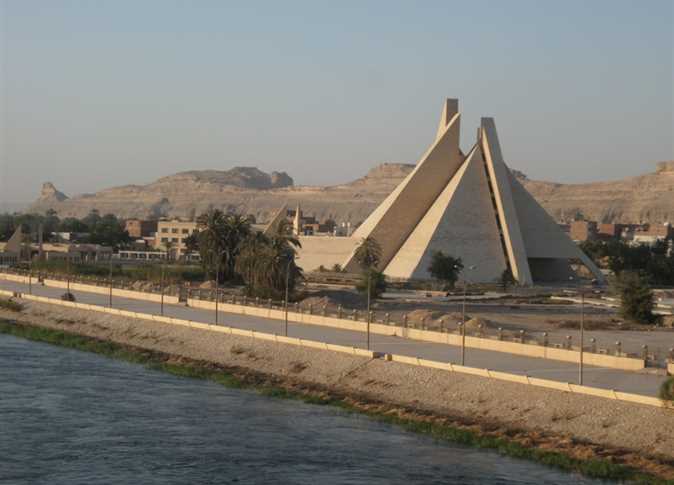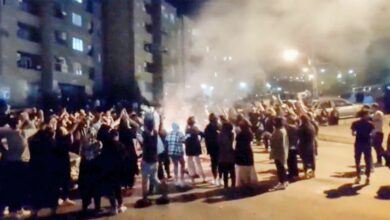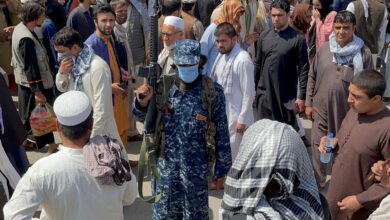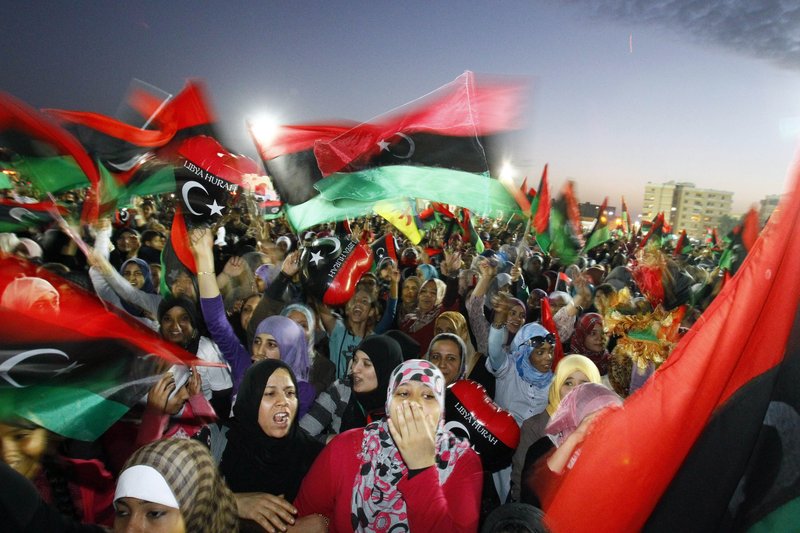The State Security Investigations Service (SSIS), the body formerly responsible for domestic security in Egypt, has ostensibly been dissolved — or at least re-structured. In which case, one might expect their activities in monitoring "subersive" creative output would be at an end.
And yet the recent experience of one prominent Cairo-based artist suggests that State Security, or what remains of it, may be up to its old tricks.
Moataz Nasr, director of the contemporary art space Darb 1718, says that on March 21 a man claiming to be a State Security agent questioned him over an exhibition of art works relating to the 25 January revolution. The exhibition at Darb 1718 ran between 13 March and 20 March, and included works by 16 artists in a variety of media: painting, photography, video, illustration and art objects.
Nasr says the agent approached him after the show had finished, and that their conversation was brief.
“The only question he had was why we did the show,” said Nasr. “He came to see the show, but he came after it was finished. Anyone can come and ask questions, and I answered his questions like I would answer anyone’s questions. It's okay to ask why we are doing a show, but the problem was that he introduced himself as State Security.”
Nasr responded to the questioning, explaining to the agent his feeling that it is normal to put together a show in response to such a major political event.
“Art should react to what is happening in the world, and we wanted to show the reaction,” he said.
Nasr's questioning suggests that despite the upheaval seen by political institutions in recent months, Egypt's State Security apparatus is continuing to interact with arts institutions as though very little has changed.
Nasr said he was not intimidated by the questioning, but felt concerned to see a continuation of the same practices that existed before the revolution. He said the man who questioned him used the old title for the domestic security agency rather than the new one.
The State Security Investigation Service was dissolved by order of the Interior Minister in March of this year, and a new internal security organization created in its place, named the National Security Agency. The new agency, it was announced, would not be used to restrict the democratic or civil rights of citizens.
"After it happened, I told my friends and they were surprised because we thought this would not happen anymore," Nasr said.
He said such questioning has been routine for years but hasn't stopped him or Darb 1718 from organizing politically-themed shows in the past — and it is unlikely to stop them in the future.
"I am not concerned about future shows because this is not the first time this has happened. It is only questions," he said, adding that in former times he was asked to appear before officers rather than receive a visit from them. He said the questioning was more polite than usual.
"But it shows that the same mentality still exists and the same people are still in power," Nasr said. "It will take many years for things to change. But we will keep working. We have been here for a long time."
Despite their latest run-in with the security apparartus, Darb 1718 — which describes itself as “a trampoline to advance the burgeoning contemporary art movement in Egypt” — has more exhibitions in the pipeline, and with similarly timely themes.
The next revolution-related event, to be held on 16 April, will honor the musician and visual artist Ahmed Bassiouny, who worked with the art space and was killed during the protests on 28 January. A number of artists will come together with new works, both musical and visual, to pay tribute to him.
“The whole event is about him. We’ll see if State Security has more questions after that," Nasr said.




